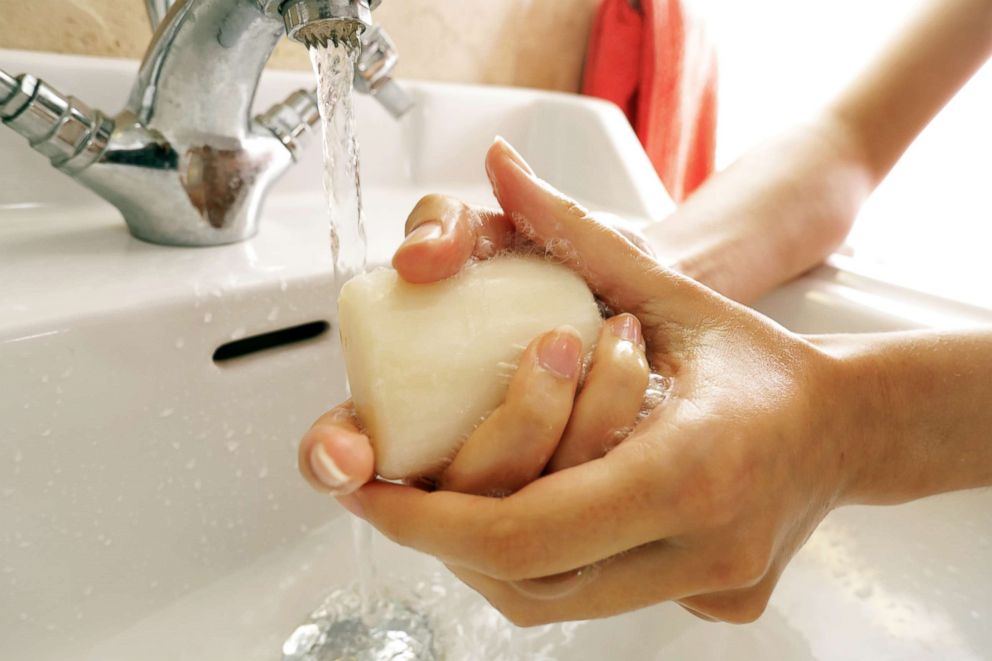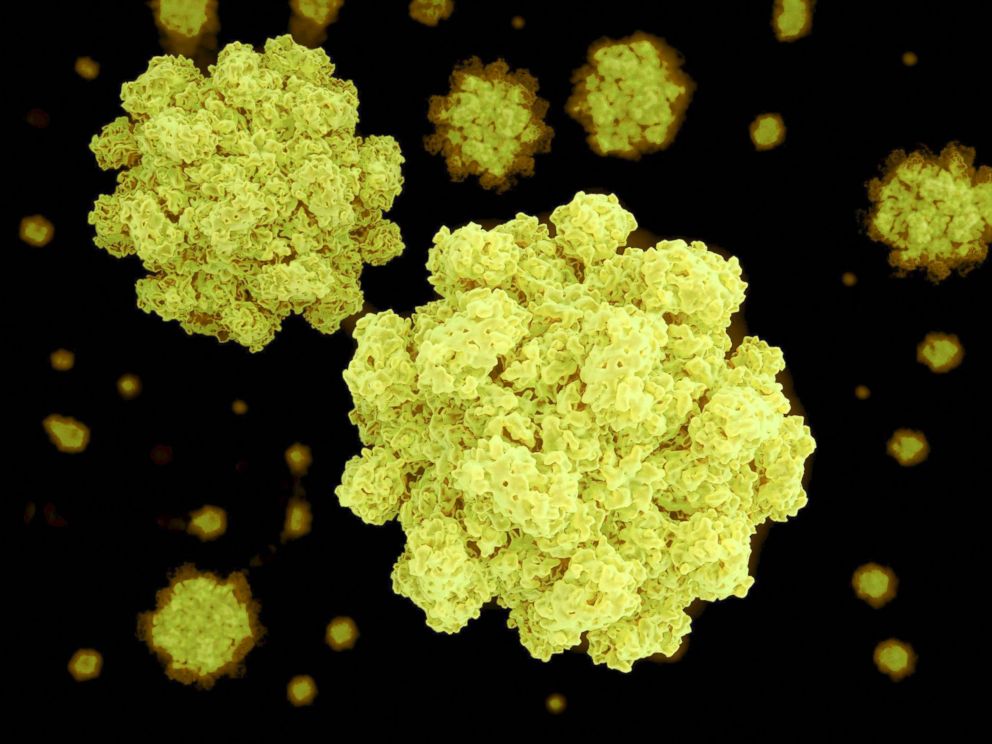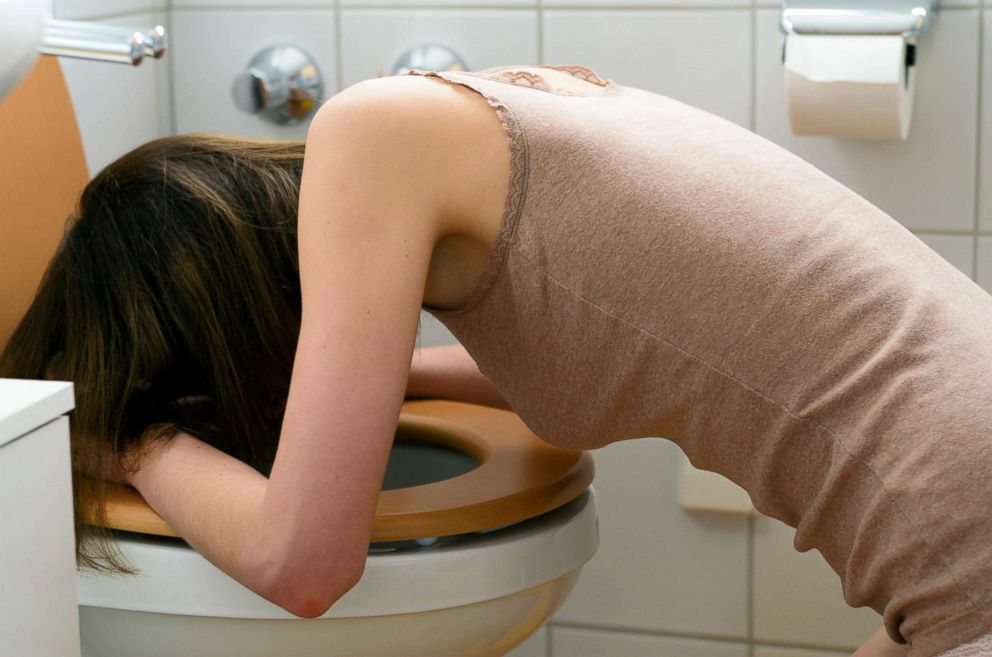What you need to know about the stomach bug plaguing the Olympics
South Korea is grappling with several stomach virus cases plaguing the Olympics.
— -- While the United States contends with one of the worst flu seasons in years, South Korea is grappling with a very different type of virus. Just days before the Olympics Opening Ceremony, 32 cases of norovirus have been confirmed among private security personnel, resulting in the deployment of 900 military personnel to take their place.
What is norovirus?
Norovirus is an extremely contagious virus that causes gastroenteritis or inflammation of the stomach and intestines. In other words, this is what most people call "the stomach flu" or even "food poisoning." But the virus is to blame and it can be found in vomit and stool.
How is norovirus spread?
Generally, it’s from contacting norovirus on a surface (such as: touching a surface contaminated with an infected person's liquids) and getting it into your body by touching your hand to your mouth. It can also spread by touching your mouth after direct physical contact with an infected person or consumption of contaminated food or water. It's one of the reasons restaurants have the "employees must wash hands" signs in the bathrooms, so to get any viruses off the hands.

What are the symptoms of norovirus?
Common symptoms include nausea, stomach pain, vomiting, and diarrhea, with other symptoms including dehydration, fever, headache, and body aches. These symptoms typically develop 12 to 48 hours after you are exposed to the virus, and can last for one to three days.
Dehydration is the most concerning symptom -- especially in children, the elderly, and those with chronic diseases. Signs of dehydration include dry mouth, decreased urination, and feelings of dizziness or lightheadedness when standing, with severe dehydration requiring hospitalization.

How is norovirus treated?
There are no medications that target norovirus. Symptoms usually go away by themselves after one to three days, but the most important thing you can do is stay hydrated. Drinking plenty of fluids, including over-the-counter "oral rehydration fluids" can keep water in the body. If you are severely dehydrated, you may need to be hospitalized in order to get IV (intravenous) fluids.
How long am I contagious for if I’ve had norovirus?
Norovirus can be found in the stool for two weeks after symptoms go away. While ill and for at least two days after, it's advised to stay home from work, limit direct contact with others, and not share food with others.

How can I protect myself from norovirus?
Wash your hands with flowing water and soap for at least 30 seconds -- alcohol-based sanitizers are not as effective. Always wash your hands after using the bathroom and before handling food. In the kitchen, cook food thoroughly and make sure you wash and peel fruits and vegetables. It's also a good idea to clean and sanitize knives, cutting boards, and contaminated surfaces. Also, it's important to refrain from sharing utensils. Outside of the kitchen, you should make sure you wash soiled laundry thoroughly.




